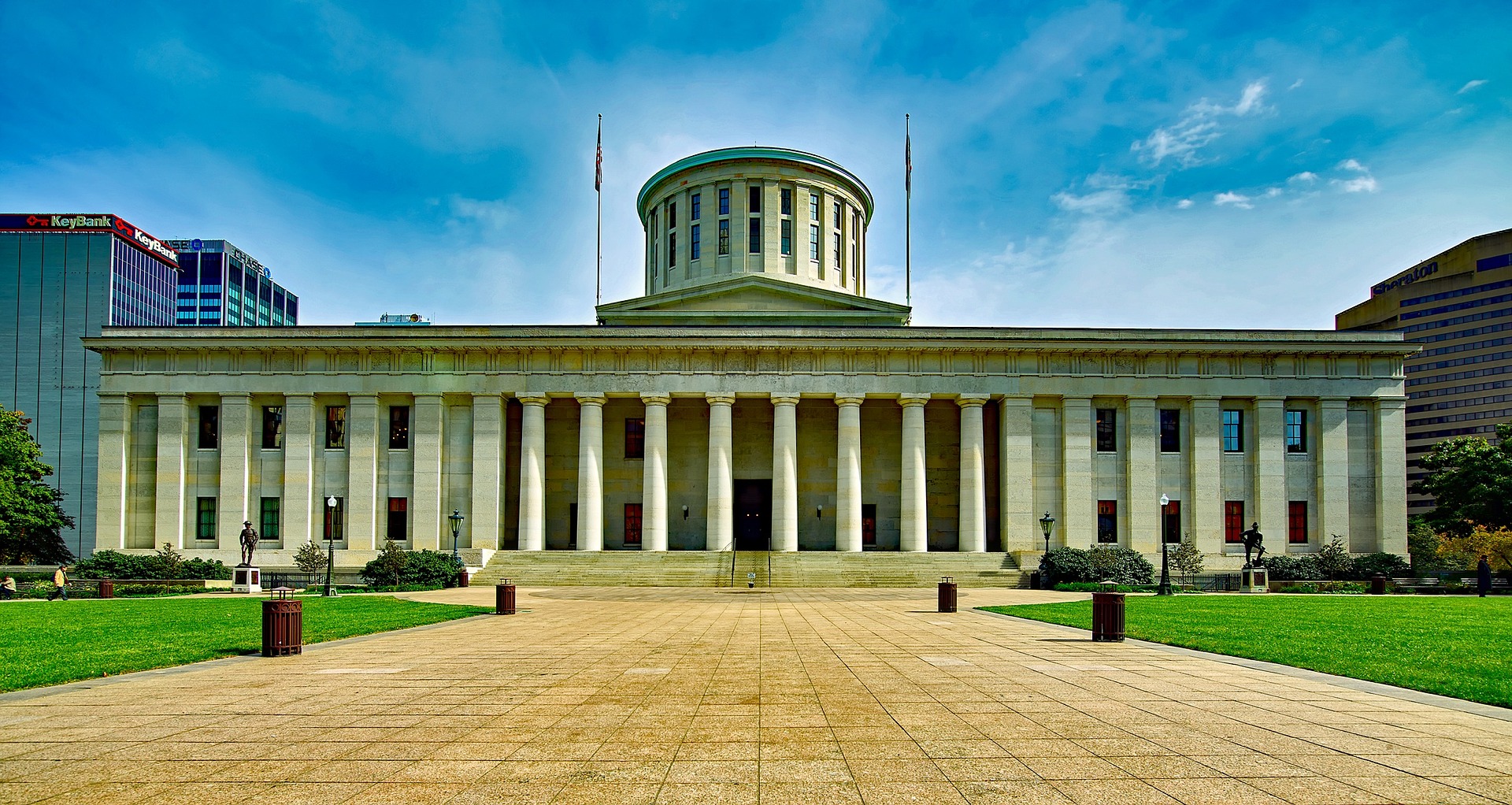The Legal and Social Ramifications of Gerrymandering in Contemporary Politics
Gerrymandering, a manipulative tactic that redraws electoral district boundaries to favor a particular political party, has been a contentious issue in American politics for over two centuries. This article delves into the historical origins of gerrymandering, its implications on democratic representation, and recent legal developments that could potentially reshape future elections.

Historical Background and Legal Developments
The concept of gerrymandering traces back to 1812, when Massachusetts Governor Elbridge Gerry approved a redistricting plan favoring his Democratic-Republican party. The peculiar shape of one district, which resembled a salamander, hence coined the term ‘gerrymander’. Since then, gerrymandering has become a widespread political strategy, often criticized for undermining the principles of fair representation.
In the realm of law, gerrymandering has been a subject of numerous court cases. The U.S. Supreme Court has grappled with the constitutionality of partisan gerrymandering, often with ambiguous outcomes. In 1986, the court recognized the potential unconstitutionality of extreme gerrymandering in Davis v. Bandemer but failed to establish a clear standard for identifying such cases.
Current Legal Landscape and Policy Discussions
In recent years, the battle against gerrymandering has gained momentum in the courts. In 2019, the Supreme Court ruled in Rucho v. Common Cause that federal courts cannot intervene in partisan gerrymandering cases because they present “political questions beyond the reach of the federal courts.” This decision has sparked a heated debate about the role of the judiciary in safeguarding democratic principles.
Despite the ruling, state courts have become a new battleground against gerrymandering. In 2018, the Pennsylvania Supreme Court invalidated the state’s congressional map, ruling it unfairly favored Republicans. This decision, based on the state constitution, could inspire similar legal challenges in other states and set a precedent for tackling gerrymandering at the state level.
Societal Implications and Impact
Gerrymandering raises serious concerns about the health of a democratic society. By manipulating district boundaries, politicians can secure their power, marginalize opposition, and diminish the influence of certain demographic groups. These tactics can lead to uncompetitive elections, political polarization, and a lack of accountability, undermining public trust in the political system.
Moreover, gerrymandering can exacerbate social inequalities. For example, racial gerrymandering, where district lines are drawn to dilute the voting power of racial minorities, can perpetuate systemic racism and hinder social progress.
Looking Ahead: Potential Reforms
The fight against gerrymandering is far from over. Potential reforms range from establishing independent redistricting commissions to using mathematical models to create fairer district maps. While legal battles continue, policy makers and civil society organizations are also exploring legislative solutions and public education initiatives to raise awareness about the detrimental effects of gerrymandering.
The future of gerrymandering is uncertain, and its resolution will likely require a combination of legal, legislative, and societal efforts. The issue serves as a stark reminder of the ongoing struggle to maintain the integrity of democratic representation in the face of manipulative political tactics.




